Suicide is the number one exit strategy for troubled gay teens. It was nearly mine. Looking back, I know what - and who - saved my life.
 EARLIER THIS year, I saw a play called Gutted. Twice. And were it not for the burdensome intrusion of work, I'd have seen it a third time. Maybe more. This awesomely hypnotic piece of theatre (about four London Irish brothers facing up to the abuse wrought on them by their now deceased father) starred Louise Jameson, who in 1977 happened to play Leela in Doctor Who. A series of unlikely coincidences - about which I won't bore you - opened up the possibility of meeting Ms. Jameson in the flesh, which led me to think about what I'd actually say to this accomplished actress, for whom Doctor Who was just one small part of her career. Perhaps, "Ms Jameson, I'd just like you to know - it's not a big deal or anything - but you saved my life..."
EARLIER THIS year, I saw a play called Gutted. Twice. And were it not for the burdensome intrusion of work, I'd have seen it a third time. Maybe more. This awesomely hypnotic piece of theatre (about four London Irish brothers facing up to the abuse wrought on them by their now deceased father) starred Louise Jameson, who in 1977 happened to play Leela in Doctor Who. A series of unlikely coincidences - about which I won't bore you - opened up the possibility of meeting Ms. Jameson in the flesh, which led me to think about what I'd actually say to this accomplished actress, for whom Doctor Who was just one small part of her career. Perhaps, "Ms Jameson, I'd just like you to know - it's not a big deal or anything - but you saved my life..." |
| Perth, Western Australia. |
The sense of desolation was crippling. The bullying - and it was bad, me against a whole country - was one thing, but having everything familiar, everything I loved ripped away was something else entirely. Suddenly, the town I grew up in, the family and friends I knew, the food I ate, and TV I watched, were gone, blotted out forever. Oz wasn't a yellow brick road and Munchkins, it was an unforgiving alien landscape under a baking hot sun, blighted by swarms of flies, punctuated by a creepy national anthem. It was like Nazi Germany and the Hitler Youth. Advance Australia fair! Foreigners out! Floundering in the unforgiving Aussie surf, this sensitive queer kid was about to go under.
 |
| ABC ident 1991. |
Doctor Who in this barren wasteland of suburban Australia was the least likely thing on earth, but suddenly here it was on the ABC (the Australian Broadcasting Corporation) at 5.30 p.m., Monday to Thursday, a window to home, if not a way back. It was 1990, before streaming, before set-top boxes, before DVD. There was only VHS, which even then was expensive (for a 10-year-old, at any rate). The first serial was 1977's Image of the Fendahl. This time capsule of a story had me transfixed. It was, I'd later learn, also one of Louise Jameson's earliest shows.
The ABC screened several key seasons of late 1970s Doctor Who, and later most of the 1980s in a graveyard 4.30 a.m. slot. Yeah, I woke up early for those. But right at the beginning, it was Louise Jameson and Tom Baker who were there, when I was most lost, when I really had nothing and no one. Jameson's Leela - the outsider, the alien abroad - came along at exactly the right time. She was everything to that lost queer kid.
Looking back, I can see that those repeats saved me. You might say, "It's just a T.V. show", but it was a drowning man's life raft. When faced with extreme trauma, some of us adapt and conform (my brothers and sister did), and some of us find a temporary escape. Some of us seek out the ultimate exit strategy. Doctor Who was my escape, without it I'd have gone under, just one more gay kid for whom suicide was the only way out. Instead, I found a wonderful fantasy world I could retreat into, and right there on T.V., a character I could truly relate to, Louise Jameson's powerful outsider Leela.
Some twenty-five years later, I found myself watching this wonderful actress on stage in London, a world away from the horrors of Oz, in a play written and directed by the friend of the wonderful friend who finally rescued me from Oz (that's another story). I didn't have the nerve to say anything afterwards; I'm still damaged, still dented by all those ugly years in White Australia. "You haven't changed. Still finding menace in your own shadow," as the second Doctor says in The Five Doctors.
So, Louise Jameson, in the unlikely event you ever read this, I'd like to say thank you for being amazing, in 1977, in 1990, and again in 2013. When you were Leela, you saved this queer kid's life.
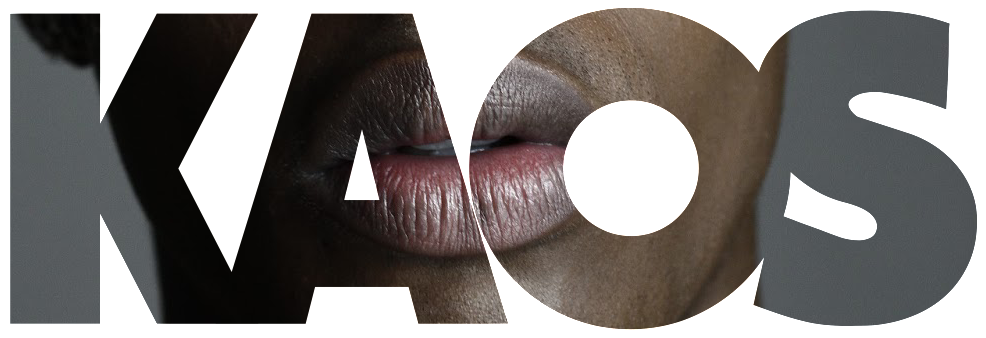






















.webp)











































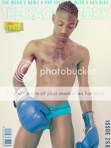
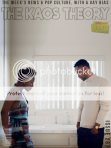
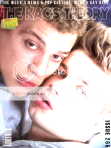
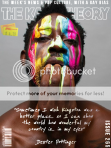
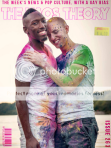
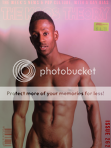
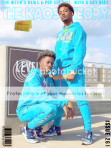
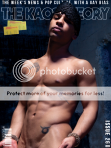
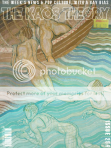
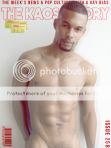
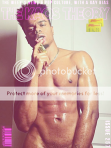
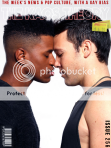
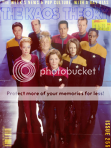
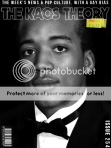
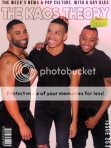
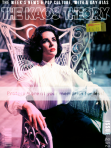
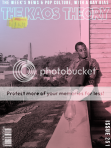
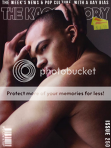
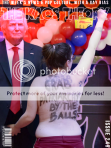
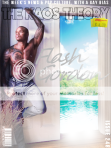
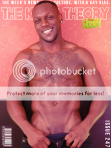
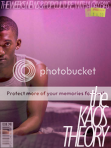
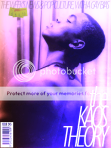
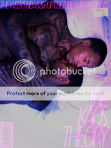
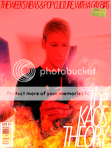
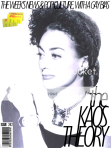
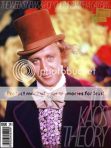
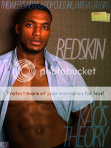
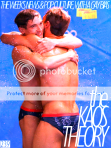
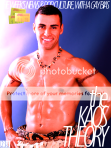
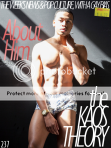
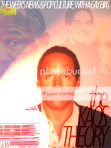
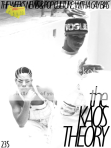
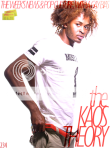
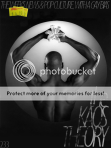
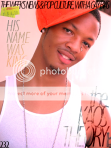
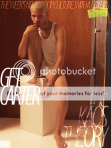
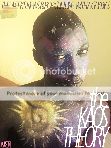
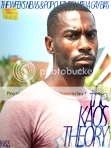
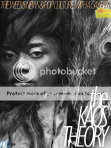
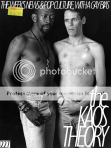
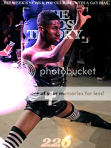
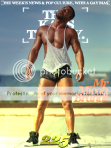
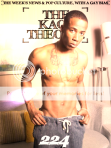
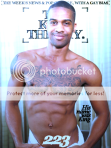
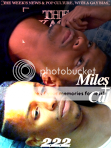
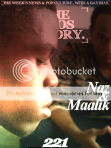
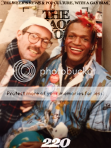
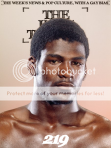
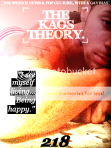
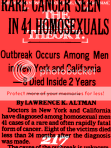
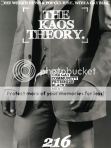
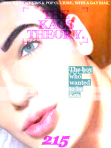
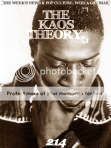
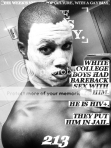
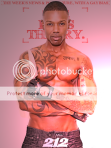
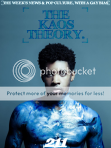
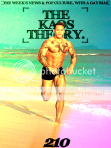
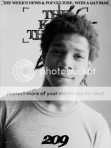
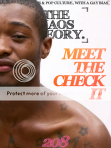
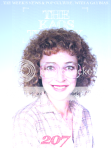
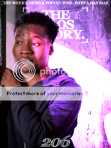
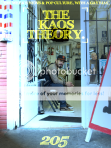
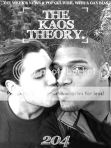
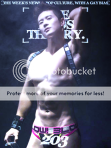
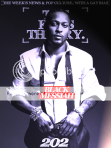
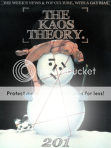
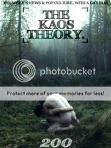
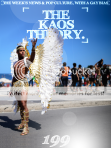
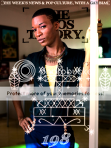
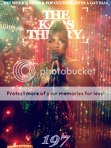
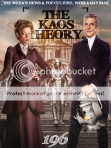
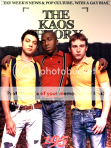
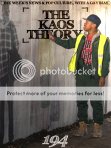
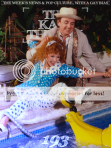
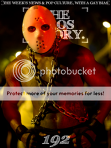
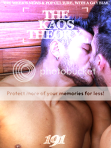
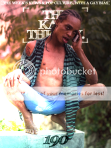
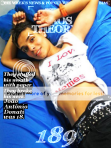
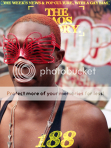
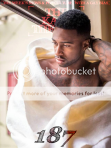
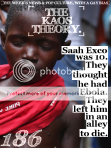
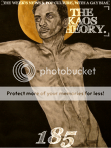
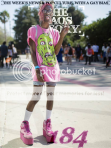
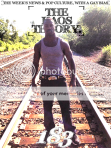
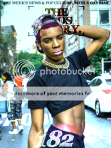
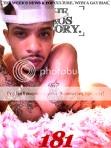
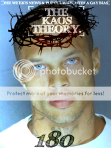
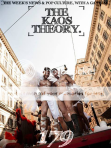
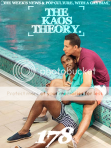
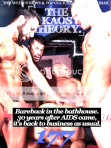
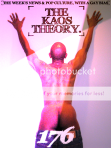
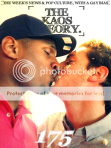
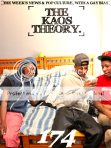



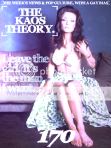
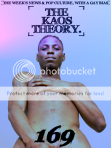
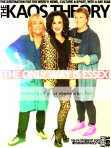

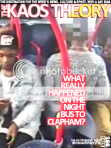
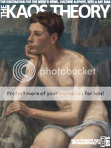
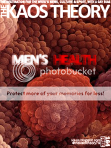
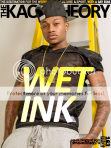
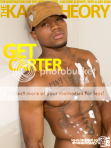
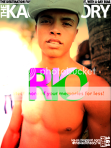
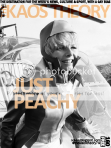
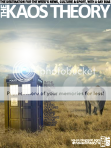
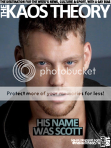
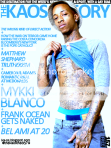

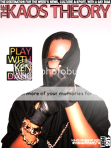
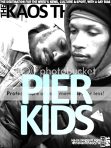
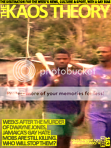
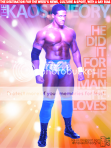
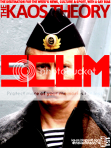
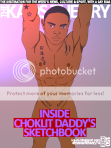
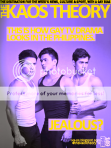
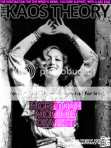
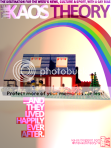
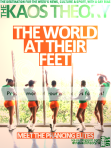
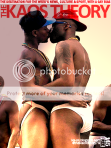
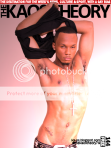
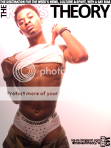
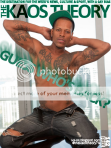
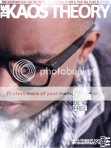
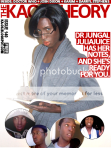
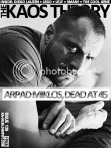
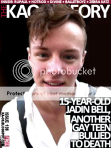
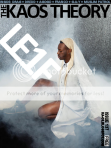
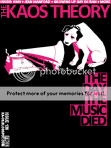
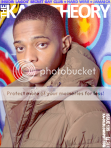
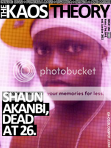
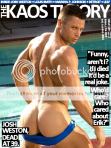
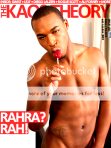




































































































































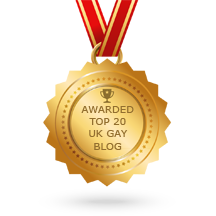











1 comments:
This is very touching, & beautifully written. Thank you for sharing it.
(p.s. You should have hung around after & said hi to Louise!)
Post a Comment